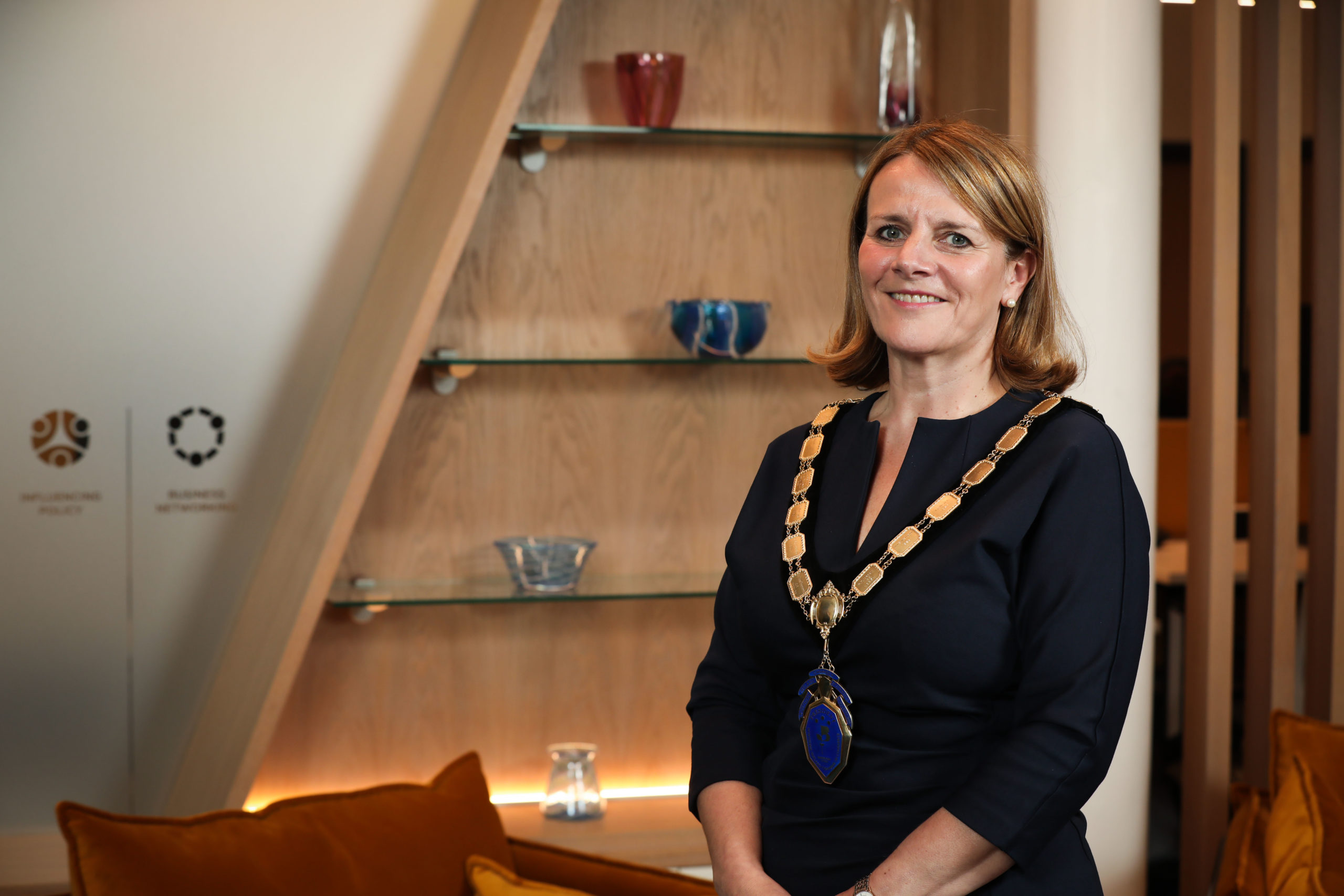Last week, NI Chamber’s Vice President Cathal Geoghegan and I released a joint statement outlining why this is a pivotal moment for the Northern Ireland economy.
Despite very significant pressures, our most recent Quarterly Economic Survey shows that most businesses are trading well, or at least reasonably. But the alarm bells are ringing; one in five businesses told us that they are just covering costs, while three in five saw some slowdown in demand during the last quarter. Confidence that turnover will growth in the next 12 months remains positive but that confidence has been falling since the start of this year. Firms who responded to the survey expressed serious concerns around their business profitability over the next year.
Expectations to raise prices are very high; 81% of manufacturers and 70% of service businesses are expecting to raise prices in the next three months. The inflationary pressures driving this are acute, with nine in ten businesses impacted. In Q3 22, twice as many firms were dealing with pressure from rising labour costs compared to the start of the year. One in four businesses saw energy costs rise by 50% or more, while one in ten have seen them more than double.
The evidence shows that we are on a downward trend, which means that this should be a time for action; to build confidence, protect jobs and encourage investment.
While a functioning Executive will not solve all the problems, the in-tray of overdue reforms and resultant crises continues to grow. 180 days since the May election, we’re facing into yet another undetermined period without political decision making, losing yet more time for decisions about spending and overdue reforms.
It is not just the 180 days that’s the problem. It’s the fact that we had no Executive for three years (2017-20), followed by two subsequent years of crisis management during the pandemic. We can see clearly the cumulative effect of all of this playing out today in our unreformed health and planning services, and there are many more examples.
At NI Chamber, today the energy crisis is front and centre of our members’ concerns. To that end, we are now calling for the immediate establishment of an Energy Taskforce between policymakers and stakeholders, to understand Northern Ireland’s unique circumstances and secure the best outcomes in tackling the immediate crisis, protecting security of supply and driving the low carbon transition.
On the difficult issue of the Northern Ireland Protocol, we are urging the EU-UK to learn from the mistakes of the past. That requires promptly agreeing on what problems need to be solved and ensuring that the process for reaching solutions is an inclusive one. Principally, one that involves all the relevant stakeholders, including our local political parties and civic and business leaders in a consultative capacity. As is often said, it needs to be done with us, not to us.
While we wait for the Secretary of State to provide clarity around immediate next steps, we would impress upon all our political stakeholders the need to redouble their efforts to reach durable resolutions with the sense of urgency the context demands – on both the Northern Ireland Protocol and functioning devolution.


